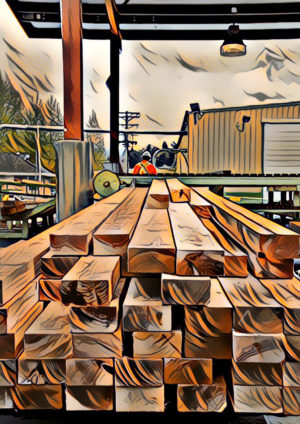 Help is on the way for Canadian steel producers and those in softwood lumber affected by the ongoing trade dispute with the United States. Multiple senior government sources confirmed that Prime Minister Mark Carney will announce measures on Wednesday to protect the steel industry, which has been hit with 50 per cent tariffs by the Trump administration. The measures include cutting limits to the amount of steel that can be imported into the country from nations that do not have a free trade agreement with Canada. …The Carney government will also increase the total money available to struggling softwood lumber companies to $1.2 billion. It’s a $500-million increase from the previously announced Softwood Lumber Development Program, which gives companies access to government-backed loans. …Trade talks between the two countries have been put on pause for the last month.
Help is on the way for Canadian steel producers and those in softwood lumber affected by the ongoing trade dispute with the United States. Multiple senior government sources confirmed that Prime Minister Mark Carney will announce measures on Wednesday to protect the steel industry, which has been hit with 50 per cent tariffs by the Trump administration. The measures include cutting limits to the amount of steel that can be imported into the country from nations that do not have a free trade agreement with Canada. …The Carney government will also increase the total money available to struggling softwood lumber companies to $1.2 billion. It’s a $500-million increase from the previously announced Softwood Lumber Development Program, which gives companies access to government-backed loans. …Trade talks between the two countries have been put on pause for the last month.
Additional coverage from Brent Jang at the Globe and Mail (subscription only): Banks tell Natural Resources Minister loans for softwood industry are imminent, sources say
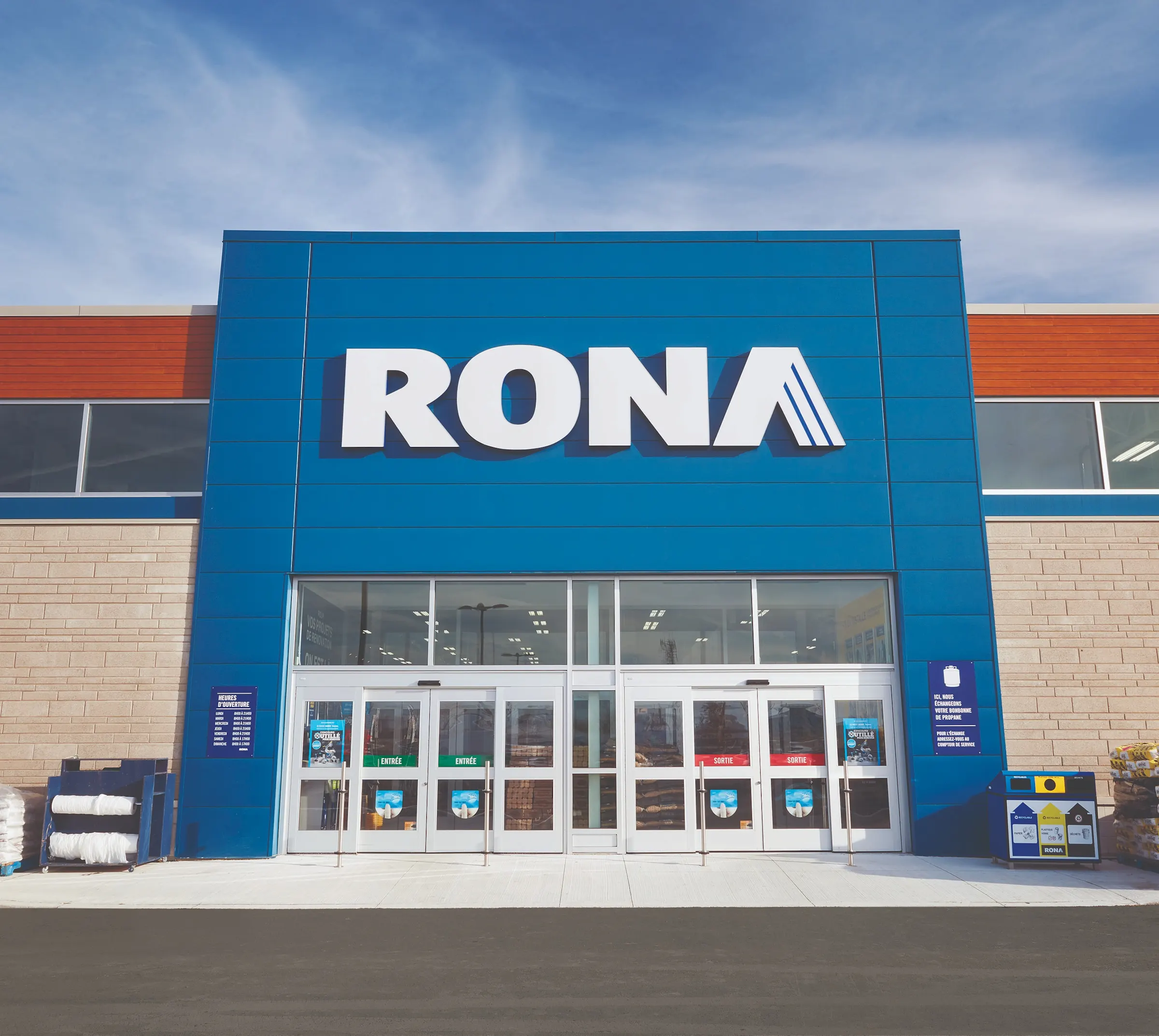
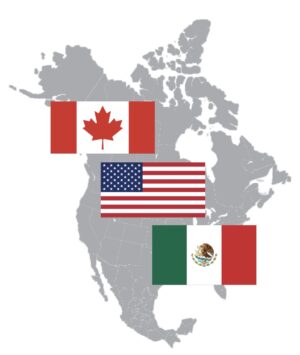 WASHINGTON — American industries ranging from whiskey makers and Wisconsin dairy producers to steel and automobile associations are weighing in on the future of the Canada-U.S.-Mexico Agreement on trade. The continental trade pact, known as CUSMA, is up for mandatory review next year and the Office of the United States Trade Representative has been collecting input on the changes it should consider. CUSMA has been rattled by U.S. President Trump’s massive tariff agenda and many of the submissions urged the administration to restore duty-free trade. The Can Manufacturers Institute wrote to the Trump administration saying steel and aluminum tariffs on Canada are making their products more expensive and causing prices in grocery stores to increase. …The United States Steel Corporation said tariffs on that metal should remain indefinitely. The submissions provide insight into areas that could become irritants in looming negotiations on the critical trilateral trade pact.
WASHINGTON — American industries ranging from whiskey makers and Wisconsin dairy producers to steel and automobile associations are weighing in on the future of the Canada-U.S.-Mexico Agreement on trade. The continental trade pact, known as CUSMA, is up for mandatory review next year and the Office of the United States Trade Representative has been collecting input on the changes it should consider. CUSMA has been rattled by U.S. President Trump’s massive tariff agenda and many of the submissions urged the administration to restore duty-free trade. The Can Manufacturers Institute wrote to the Trump administration saying steel and aluminum tariffs on Canada are making their products more expensive and causing prices in grocery stores to increase. …The United States Steel Corporation said tariffs on that metal should remain indefinitely. The submissions provide insight into areas that could become irritants in looming negotiations on the critical trilateral trade pact. President Donald Trump has yet to follow through on his threat to impose an additional 10 percent tariff on Canadian imports, four weeks after he halted “all trade negotiations” over an anti-tariff ad the province of Ontario ran. Trump’s announcement had Canadian exporters preparing for a worst-case scenario: a sweeping levy layered on top of existing double-digit duties. …The White House did not say whether it still plans to impose the tariff when asked for comment. But a separate US official suggested the Trump administration had opted to hold off on additional duties — which would have sent tariffs on Canadian goods to 45% — and instead continue to dangle the threat as the two sides gear up for future talks. “The Canadians know what’s on the table,” said the official. Volpe said a personal intervention by Carney in Asia last month may have helped matters, too.
President Donald Trump has yet to follow through on his threat to impose an additional 10 percent tariff on Canadian imports, four weeks after he halted “all trade negotiations” over an anti-tariff ad the province of Ontario ran. Trump’s announcement had Canadian exporters preparing for a worst-case scenario: a sweeping levy layered on top of existing double-digit duties. …The White House did not say whether it still plans to impose the tariff when asked for comment. But a separate US official suggested the Trump administration had opted to hold off on additional duties — which would have sent tariffs on Canadian goods to 45% — and instead continue to dangle the threat as the two sides gear up for future talks. “The Canadians know what’s on the table,” said the official. Volpe said a personal intervention by Carney in Asia last month may have helped matters, too.
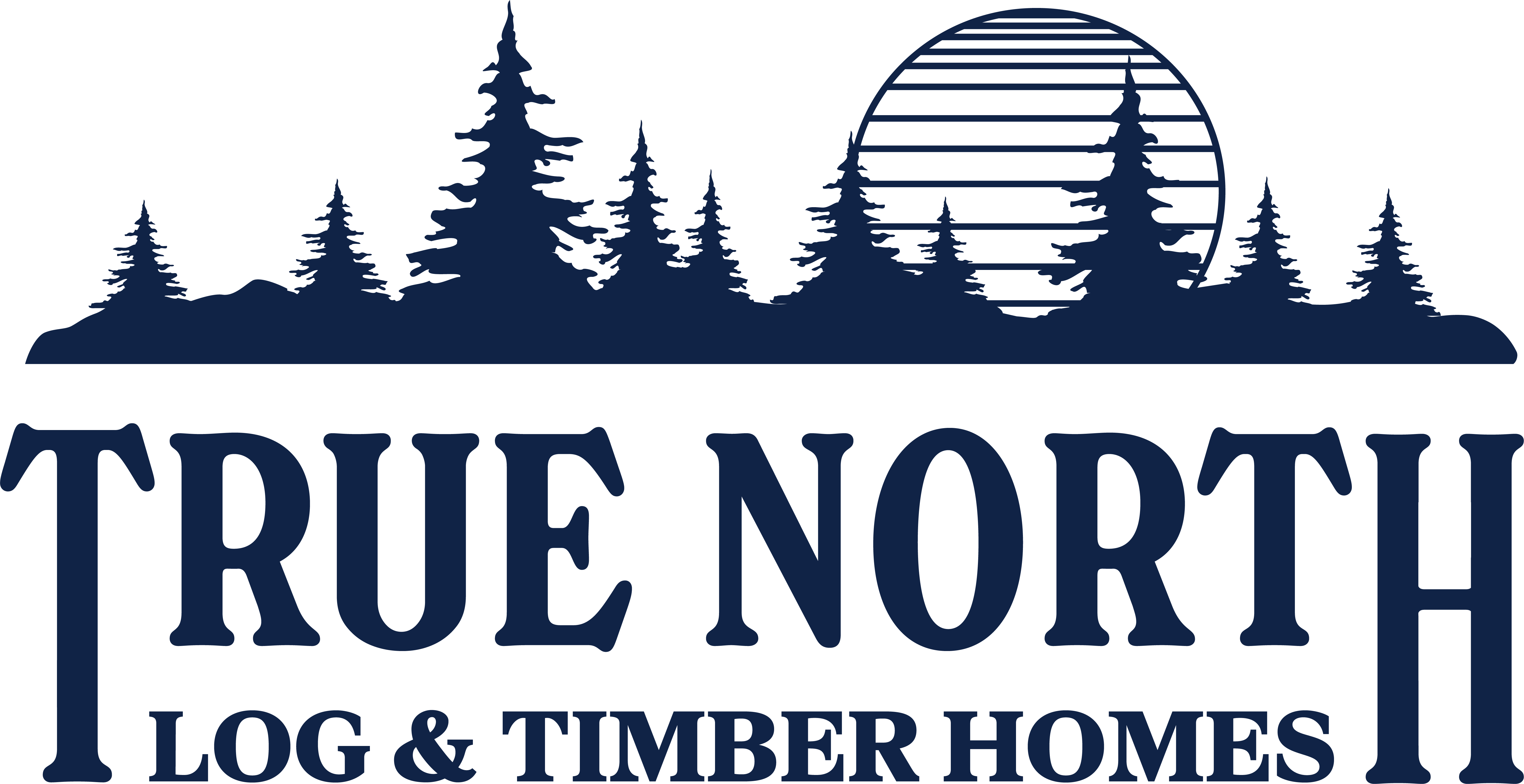
 OTTAWA — Prime Minister Mark Carney on Tuesday defended making a commitment to carbon emission targets to get the government’s spending plan over the finish line. Carney told reporters before the weekly cabinet meeting in Ottawa that he was “very pleased” his government narrowly won the crucial budget vote on Monday night. …”I can confirm to this House that we will respect our Paris commitments for climate change, and we are determined to achieve them,” Carney said. He also said a nature strategy will be released soon, keeping Canada on target for its commitments on biodiversity as well. That was enough to sway May to vote with the Liberals, a vote that earned her grateful applause from the Liberal caucus. …”Canada is blessed with immense natural resources, everything from hydroelectricity through to conventional oil and gas. We’re part of an energy transition, we’re going to help to lead it.”
OTTAWA — Prime Minister Mark Carney on Tuesday defended making a commitment to carbon emission targets to get the government’s spending plan over the finish line. Carney told reporters before the weekly cabinet meeting in Ottawa that he was “very pleased” his government narrowly won the crucial budget vote on Monday night. …”I can confirm to this House that we will respect our Paris commitments for climate change, and we are determined to achieve them,” Carney said. He also said a nature strategy will be released soon, keeping Canada on target for its commitments on biodiversity as well. That was enough to sway May to vote with the Liberals, a vote that earned her grateful applause from the Liberal caucus. …”Canada is blessed with immense natural resources, everything from hydroelectricity through to conventional oil and gas. We’re part of an energy transition, we’re going to help to lead it.”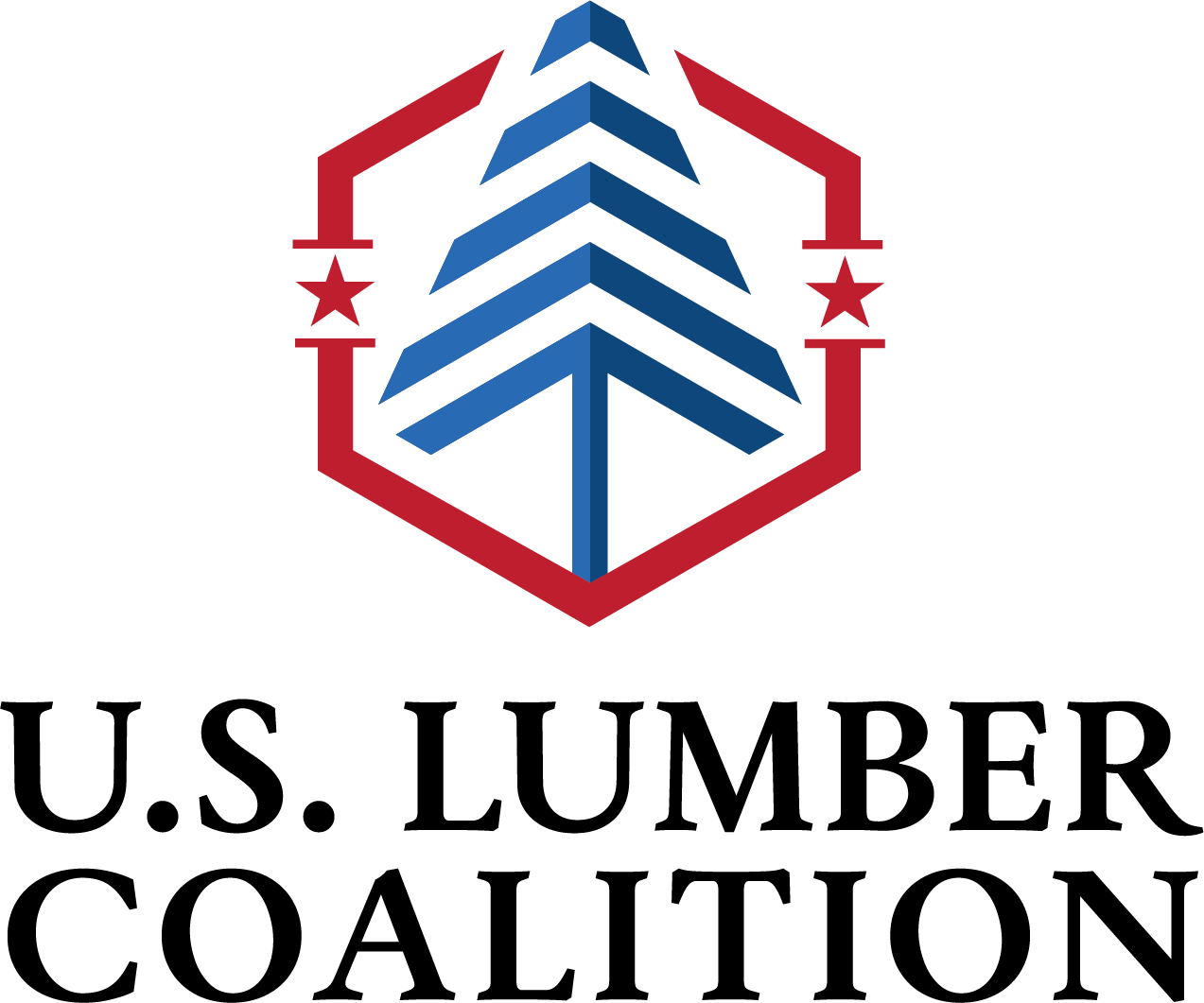



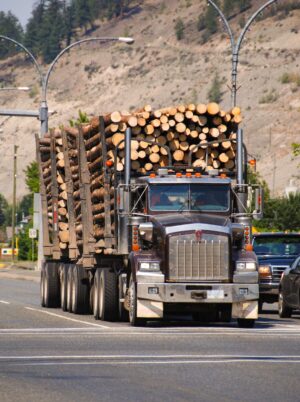 The looming closure of a lumber mill in central BC is highlighting the forestry industry’s challenges in accessing an economically viable timber supply — with one academic urging an “emergency response” to deal with it. West Fraser Timber announced it would shut its mill in 100 Mile House by the end of the year. BC’s forestry industry has taken major hits over the last few years, as escalating US duties on softwood lumber imports have piled atop challenges like a major beetle infestation and wildfires, leading to thousands of jobs lost. …UBC professor Gary Bull explained that to have an “economically viable fibre supply,” it needs to make sense financially for a company to transport logs from a forest to its mill. And the viability is complicated by the fluctuating price of lumber. …Bull estimated that insect outbreaks and wildfires have contributed to a 50 to 60 per cent reduction in available fibre near 100 Mile House.
The looming closure of a lumber mill in central BC is highlighting the forestry industry’s challenges in accessing an economically viable timber supply — with one academic urging an “emergency response” to deal with it. West Fraser Timber announced it would shut its mill in 100 Mile House by the end of the year. BC’s forestry industry has taken major hits over the last few years, as escalating US duties on softwood lumber imports have piled atop challenges like a major beetle infestation and wildfires, leading to thousands of jobs lost. …UBC professor Gary Bull explained that to have an “economically viable fibre supply,” it needs to make sense financially for a company to transport logs from a forest to its mill. And the viability is complicated by the fluctuating price of lumber. …Bull estimated that insect outbreaks and wildfires have contributed to a 50 to 60 per cent reduction in available fibre near 100 Mile House.

 “The BCIT School of Construction and the Environment offers two Associate Certificate programs designed to support workforce development in the North American lumber and sawmill sector:
“The BCIT School of Construction and the Environment offers two Associate Certificate programs designed to support workforce development in the North American lumber and sawmill sector: 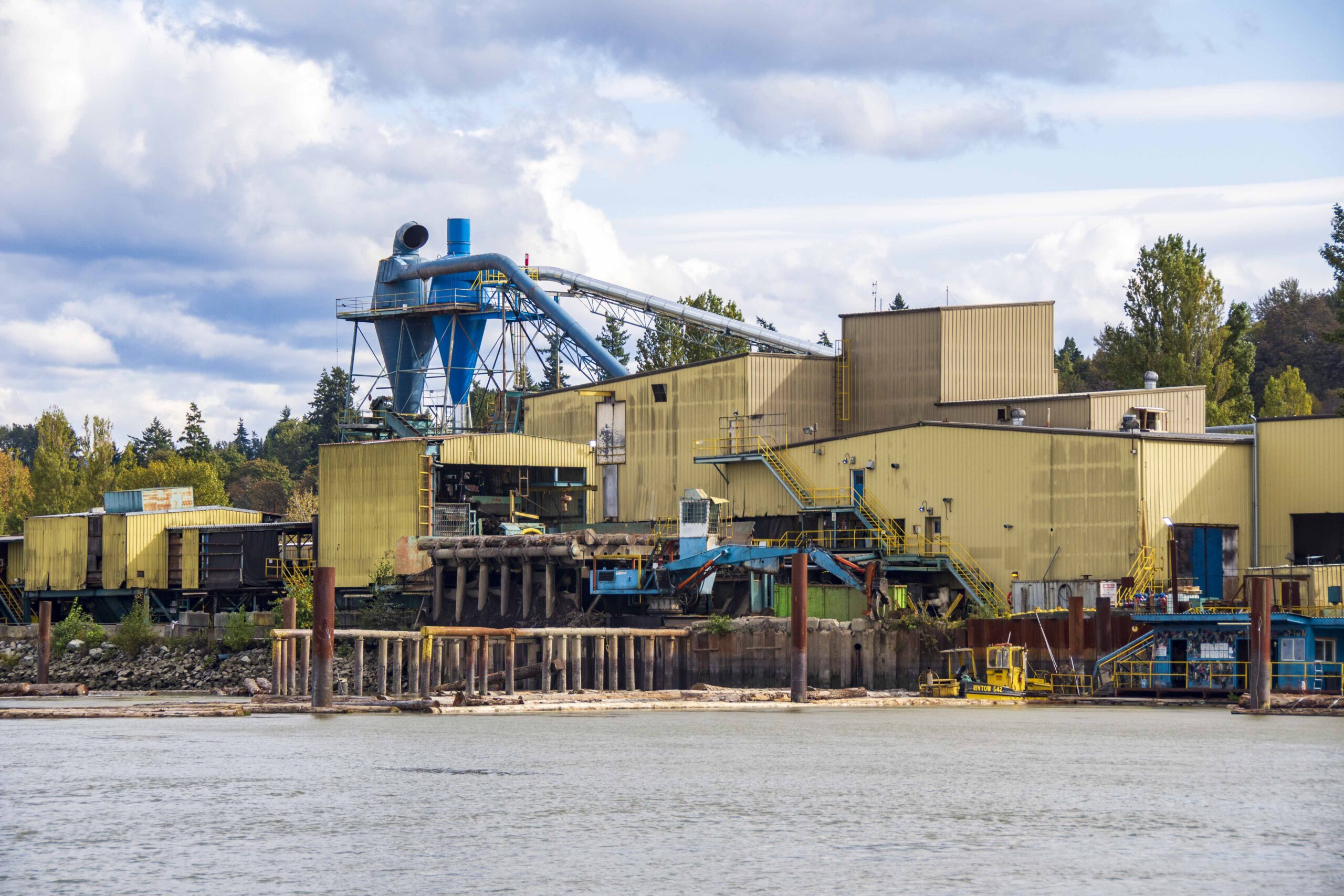 VANCOUVER, BC — A large fire broke out on the banks of the Fraser River in Delta on Thursday morning. Fire crews from Delta and Surrey were called between 9 a.m. and 10 a.m. to the former sawmill under demolition north of the Alex Fraser Bridge on Alaska Way. The land is owned by the Port of Vancouver and the organization confirmed the fire is at the site of the former mill. There are currently no impacts to port operations. …The fire broke out on the site of the former Acorn mill, which stopped operations after a blaze in April 2024. The sawmill was built in 1963 and was acquired by forestry giant Interfor in 2001. It was used primarily to cut specialty timber for traditional Japanese home construction. In 2022,
VANCOUVER, BC — A large fire broke out on the banks of the Fraser River in Delta on Thursday morning. Fire crews from Delta and Surrey were called between 9 a.m. and 10 a.m. to the former sawmill under demolition north of the Alex Fraser Bridge on Alaska Way. The land is owned by the Port of Vancouver and the organization confirmed the fire is at the site of the former mill. There are currently no impacts to port operations. …The fire broke out on the site of the former Acorn mill, which stopped operations after a blaze in April 2024. The sawmill was built in 1963 and was acquired by forestry giant Interfor in 2001. It was used primarily to cut specialty timber for traditional Japanese home construction. In 2022, 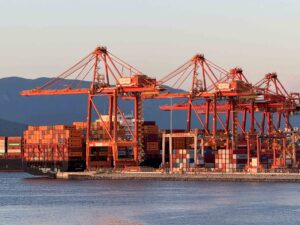 The BC NDP’s new
The BC NDP’s new  Delegates from B.C.’s largest forestry trade mission to Asia have returned home, bringing back business deals, signed agreements and deeper ties with key trading partners in Japan and South Korea, driving growth and investment for B.C.
Delegates from B.C.’s largest forestry trade mission to Asia have returned home, bringing back business deals, signed agreements and deeper ties with key trading partners in Japan and South Korea, driving growth and investment for B.C.
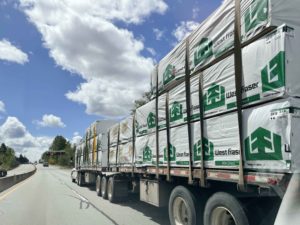 West Fraser-100 Mile Lumber employees like Kris Taylor are taking each day as it comes, following the announcement of the
West Fraser-100 Mile Lumber employees like Kris Taylor are taking each day as it comes, following the announcement of the  PRINCE ALBERT, Saskatchewan — The sale of a defunct Prince Albert pulp and paper mill from Domtar to the Ontario-based BMI Group has ended plans to re-open the mill and sparked a search for industrial business tenants for the site. “The site will never be a pulp mill again. That is for sure,” said Chris Rickett, BMI Group’s head of government and community relations. After eight months of negotiations, BMI purchased the former Weyerhaeuser Prince Albert pulp mill site and buildings from Domtar, Canada’s largest pulp and paper company. …The former Weyerhauser Prince Albert Pulp and Paper Mill ceased operations in 2006. Approximately 700 workers at the mill lost their jobs, with further indirect job losses in the forestry industry. A spokesperson for the One Sky Forest Products said it is gathering investors to build an oriented strand board (OSB) manufacturing plant on the former mill site.
PRINCE ALBERT, Saskatchewan — The sale of a defunct Prince Albert pulp and paper mill from Domtar to the Ontario-based BMI Group has ended plans to re-open the mill and sparked a search for industrial business tenants for the site. “The site will never be a pulp mill again. That is for sure,” said Chris Rickett, BMI Group’s head of government and community relations. After eight months of negotiations, BMI purchased the former Weyerhaeuser Prince Albert pulp mill site and buildings from Domtar, Canada’s largest pulp and paper company. …The former Weyerhauser Prince Albert Pulp and Paper Mill ceased operations in 2006. Approximately 700 workers at the mill lost their jobs, with further indirect job losses in the forestry industry. A spokesperson for the One Sky Forest Products said it is gathering investors to build an oriented strand board (OSB) manufacturing plant on the former mill site.  This is a rare opportunity to lead highly respected, independent oversight in one of the province’s most important and visible sectors. The Chair plays a pivotal role in strengthening public confidence in forest and range practices across BC. Ideal candidates bring strong governance experience, a background in forestry, and a commitment to transparent oversight. The Chair is a flexible, full-time role leading BC’s independent watchdog for forest and range practices. The Chair plays a key role in strengthening public trust in how the province’s forests and rangelands are managed. The Chair provides strategic leadership, oversees audits and investigations, approves reports, and represents the Board in engagements with Indigenous governments, provincial agencies, stakeholders, and the media. The role is well suited for someone with strong governance experience, sound judgment, and a balanced understanding of BC’s natural resource sector. Appointed by Order-in-Council for an initial term of 3 to 5 years the position may be re-appointed for additional terms of up to 5 years. Closing Date: December 11, 2025
This is a rare opportunity to lead highly respected, independent oversight in one of the province’s most important and visible sectors. The Chair plays a pivotal role in strengthening public confidence in forest and range practices across BC. Ideal candidates bring strong governance experience, a background in forestry, and a commitment to transparent oversight. The Chair is a flexible, full-time role leading BC’s independent watchdog for forest and range practices. The Chair plays a key role in strengthening public trust in how the province’s forests and rangelands are managed. The Chair provides strategic leadership, oversees audits and investigations, approves reports, and represents the Board in engagements with Indigenous governments, provincial agencies, stakeholders, and the media. The role is well suited for someone with strong governance experience, sound judgment, and a balanced understanding of BC’s natural resource sector. Appointed by Order-in-Council for an initial term of 3 to 5 years the position may be re-appointed for additional terms of up to 5 years. Closing Date: December 11, 2025
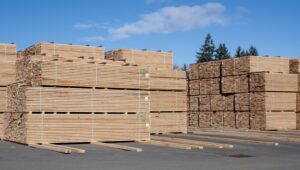 Pierre Poilievre says he’d succeed where Prime Minister Mark Carney has failed, and that New Brunswick’s softwood lumber sector would quickly get a “tariff-free” deal with the US if he was in charge. …Ottawa responded by releasing a financial aid package for the industry that includes up to $700 million in federal loans, “$500 million to supercharge product and market diversification. …Poilievre said that “one of my top priorities as prime minister will be to go down to Washington, get a deal on lumber, make the pitch that they will get more affordable homes if we can get tariff-free access to their market.” …MP Dominic LeBlanc sent a statement…. “In the coming weeks, we will take further urgent action, building on the significant support for the sector announced on August 5, 2025. In addition, Build Canada Homes, a new federal agency that will build affordable housing at scale, will prioritize the use of Canadian-made materials. [Access may require a Telegraph-Journal subscription]
Pierre Poilievre says he’d succeed where Prime Minister Mark Carney has failed, and that New Brunswick’s softwood lumber sector would quickly get a “tariff-free” deal with the US if he was in charge. …Ottawa responded by releasing a financial aid package for the industry that includes up to $700 million in federal loans, “$500 million to supercharge product and market diversification. …Poilievre said that “one of my top priorities as prime minister will be to go down to Washington, get a deal on lumber, make the pitch that they will get more affordable homes if we can get tariff-free access to their market.” …MP Dominic LeBlanc sent a statement…. “In the coming weeks, we will take further urgent action, building on the significant support for the sector announced on August 5, 2025. In addition, Build Canada Homes, a new federal agency that will build affordable housing at scale, will prioritize the use of Canadian-made materials. [Access may require a Telegraph-Journal subscription]
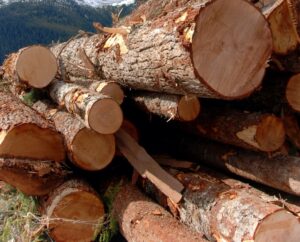 The Nova Scotia Forestry Innovation Transition Trust is investing $1.8 million to assist private landowners and forest contractors in finding new markets for underutilized wood fibre and to support sustainable forestry management. According to a
The Nova Scotia Forestry Innovation Transition Trust is investing $1.8 million to assist private landowners and forest contractors in finding new markets for underutilized wood fibre and to support sustainable forestry management. According to a 

 KINGSPORT, Tennessee — About 300 gallons of waste leaked from Domtar’s mill site to Domtar Park, according to Tennessee Department of Environment and Conservation documents. Of the 300 gallons of waste, which included liquids and solids, about 150 gallons were recovered. The mill’s 25-acre lagoon was lowered four to six inches as a precautionary measure in response to the leak, Domtar told the Times News. In its letter to TDEC, Domtar said no detrimental effects were observed to the property or the environment due to the “organic nature” of the lagoon’s contents. Domtar also said it believed the waste found at Domtar Park was “partially” treated through its wastewater treatment process. “The leak did not reach waters of the state and Domtar representatives indicated mitigation was taking place. No further action was taken by the department,” said TDEC spokesperson Jennifer Donnals in a statement to Six Rivers Media.
KINGSPORT, Tennessee — About 300 gallons of waste leaked from Domtar’s mill site to Domtar Park, according to Tennessee Department of Environment and Conservation documents. Of the 300 gallons of waste, which included liquids and solids, about 150 gallons were recovered. The mill’s 25-acre lagoon was lowered four to six inches as a precautionary measure in response to the leak, Domtar told the Times News. In its letter to TDEC, Domtar said no detrimental effects were observed to the property or the environment due to the “organic nature” of the lagoon’s contents. Domtar also said it believed the waste found at Domtar Park was “partially” treated through its wastewater treatment process. “The leak did not reach waters of the state and Domtar representatives indicated mitigation was taking place. No further action was taken by the department,” said TDEC spokesperson Jennifer Donnals in a statement to Six Rivers Media.
 KINCHELOE, Michigan — A unique manufacturing facility opened in September along a CN line in Kincheloe, Michigan. Located in the Chippewa County Industrial Park in Michigan’s upper peninsula, the $7.3 million, 20,000-square foot facility serves as a transportation and logistics hub for wood and lumber dealer Maple Transport. The facility features a rail spur and is situated near Interstate 75. The new manufacturing hub will support Michigan’s $20 billion forest products industry and serve other new or expanding businesses, Maple Transport officials say. Project funding included $5.8 million from the U.S. Economic Development Administration, $1.25 million in matching dollars from the Michigan Economic Development Corp., and contributions from the Chippewa County Economic Development Corp. and a Strategic Site Readiness Program grant. Construction began in spring 2024 on the manufacturing facility, which Maple Transport will use to ship wood products, CN officials said in an email. The facility will be served by both CN and trucks.
KINCHELOE, Michigan — A unique manufacturing facility opened in September along a CN line in Kincheloe, Michigan. Located in the Chippewa County Industrial Park in Michigan’s upper peninsula, the $7.3 million, 20,000-square foot facility serves as a transportation and logistics hub for wood and lumber dealer Maple Transport. The facility features a rail spur and is situated near Interstate 75. The new manufacturing hub will support Michigan’s $20 billion forest products industry and serve other new or expanding businesses, Maple Transport officials say. Project funding included $5.8 million from the U.S. Economic Development Administration, $1.25 million in matching dollars from the Michigan Economic Development Corp., and contributions from the Chippewa County Economic Development Corp. and a Strategic Site Readiness Program grant. Construction began in spring 2024 on the manufacturing facility, which Maple Transport will use to ship wood products, CN officials said in an email. The facility will be served by both CN and trucks.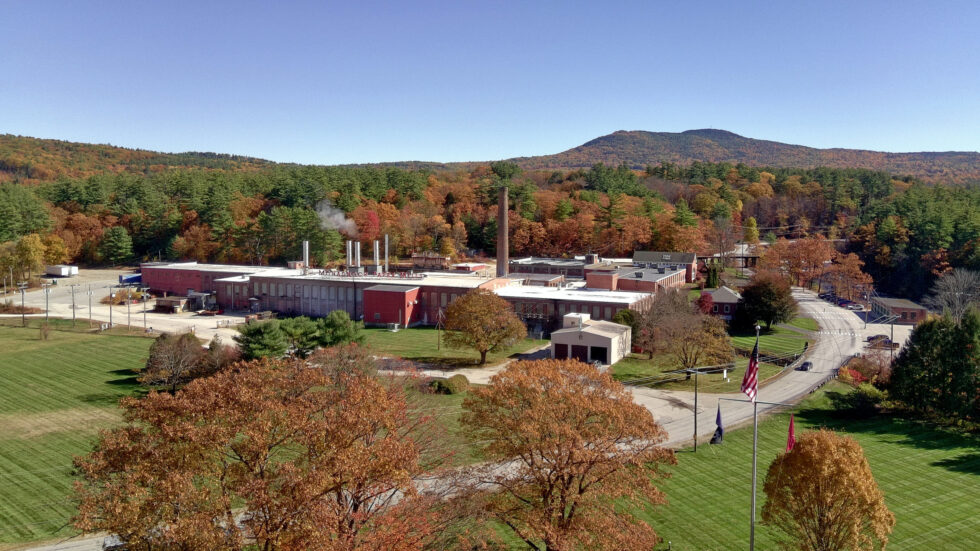
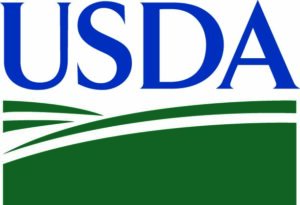 STEVENS POINT, Wisconsin – USDA Rural Development Wisconsin State Director Andrew Iverson announced the Timber Professionals Cooperative Enterprises (TPCE) will use a Rural Development loan of $800,000 to re-open and expand the former Hoffman Wood Fiber sawmill in Shawano County. This investment is through the Timber Production Expansion Guaranteed Loan Program (TPEP). TPCE will use guaranteed loan funds to purchase over 49 acres of real estate and equipment. The equipment will allow TCPE to improve the efficiency of manufacturing wood chips. The project also includes plans to expand capabilities of the site to manufacture new, higher-value products from the same raw materials. The project will create six jobs. …TPCE plans to implement a detailed process to improve productivity involving processes in the wood yard and chip mill. Installation of an automatic log feed deck will help increase production from 2,500 to 4,000 tons per month.
STEVENS POINT, Wisconsin – USDA Rural Development Wisconsin State Director Andrew Iverson announced the Timber Professionals Cooperative Enterprises (TPCE) will use a Rural Development loan of $800,000 to re-open and expand the former Hoffman Wood Fiber sawmill in Shawano County. This investment is through the Timber Production Expansion Guaranteed Loan Program (TPEP). TPCE will use guaranteed loan funds to purchase over 49 acres of real estate and equipment. The equipment will allow TCPE to improve the efficiency of manufacturing wood chips. The project also includes plans to expand capabilities of the site to manufacture new, higher-value products from the same raw materials. The project will create six jobs. …TPCE plans to implement a detailed process to improve productivity involving processes in the wood yard and chip mill. Installation of an automatic log feed deck will help increase production from 2,500 to 4,000 tons per month.
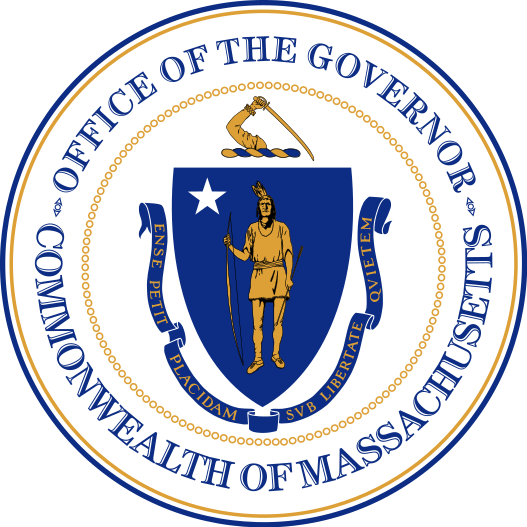

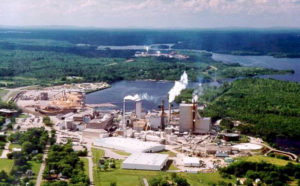
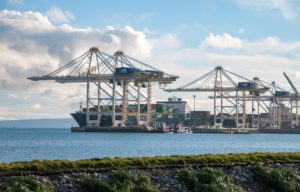 EU and UK timber industry organisations have declared their “unwavering commitment” against imports of Russian and Belarusian wood products. In an announcement published on the TDUK website, CEI-Bois (European Confederation of Woodworking Industries), ETTF (European Timber Trade Federation), EOS (European Organisation of the Sawmill Industry), and TDUK (Timber Development UK) – have signed the united statement reaffirming the EU and UK woodworking industry’s and wood traders’ strong and unwavering commitment to complying with applicable legislation governing the import of wood products from Russia or Belarus. …Sanctions on wood from Russia and Belarus were introduced years ago, yet residual quantities of prohibited wood regrettably remain in circulation in Europe. …“Our message is clear: the EU and UK wood industry value chain is united in its determination not to import Russian and Belarusian wood. Integrity is a core value of our industry, and we reject illegal and unethical practices by any company.”
EU and UK timber industry organisations have declared their “unwavering commitment” against imports of Russian and Belarusian wood products. In an announcement published on the TDUK website, CEI-Bois (European Confederation of Woodworking Industries), ETTF (European Timber Trade Federation), EOS (European Organisation of the Sawmill Industry), and TDUK (Timber Development UK) – have signed the united statement reaffirming the EU and UK woodworking industry’s and wood traders’ strong and unwavering commitment to complying with applicable legislation governing the import of wood products from Russia or Belarus. …Sanctions on wood from Russia and Belarus were introduced years ago, yet residual quantities of prohibited wood regrettably remain in circulation in Europe. …“Our message is clear: the EU and UK wood industry value chain is united in its determination not to import Russian and Belarusian wood. Integrity is a core value of our industry, and we reject illegal and unethical practices by any company.”